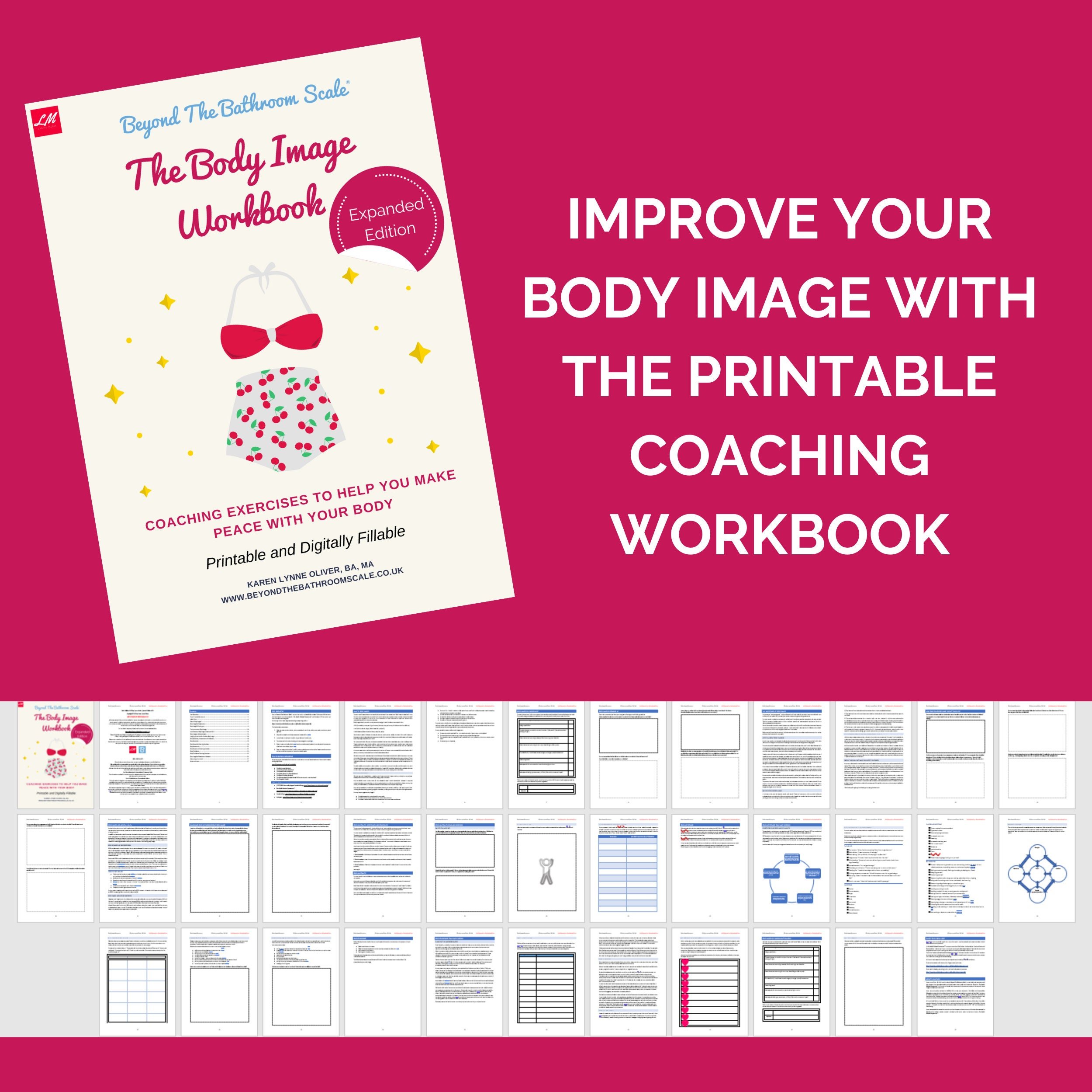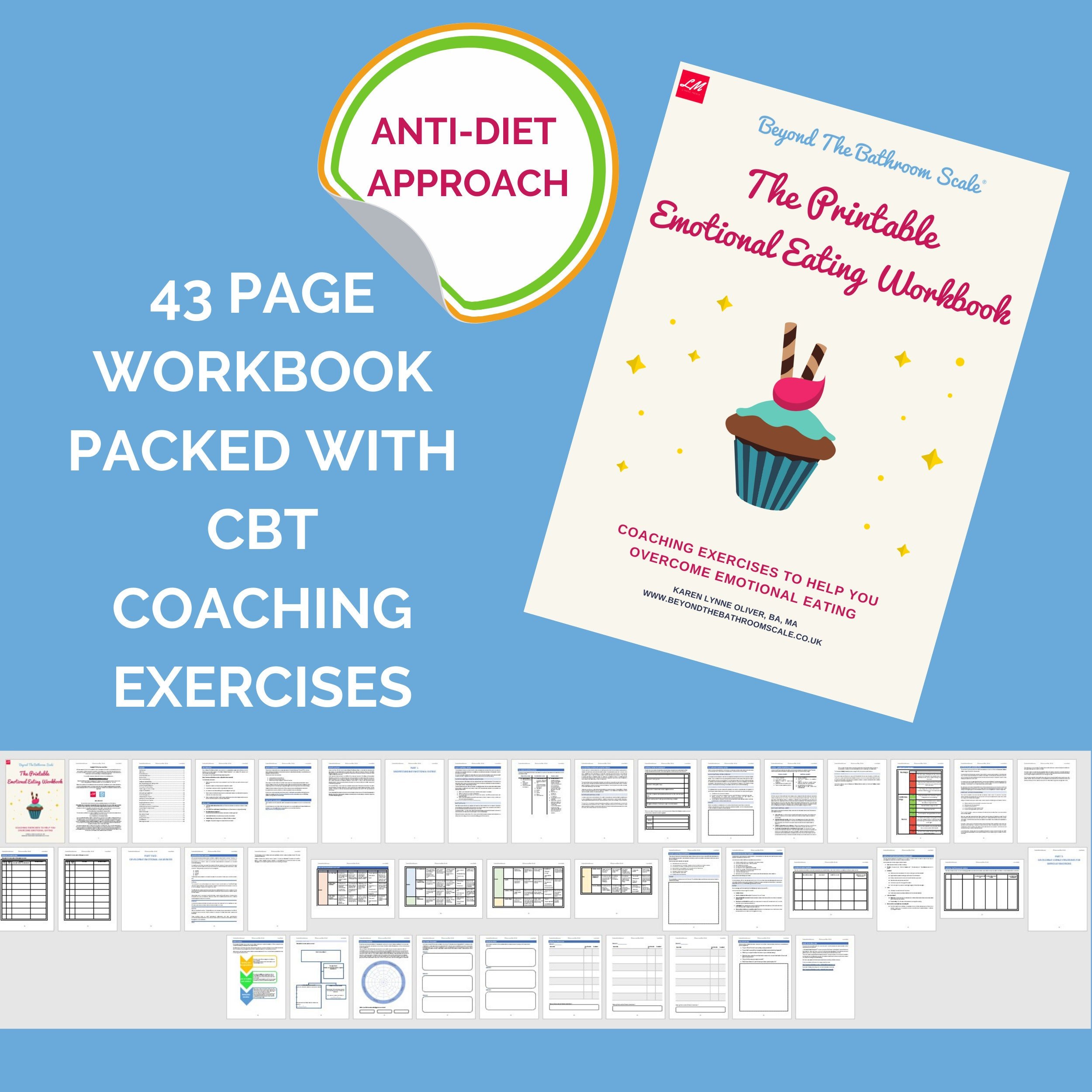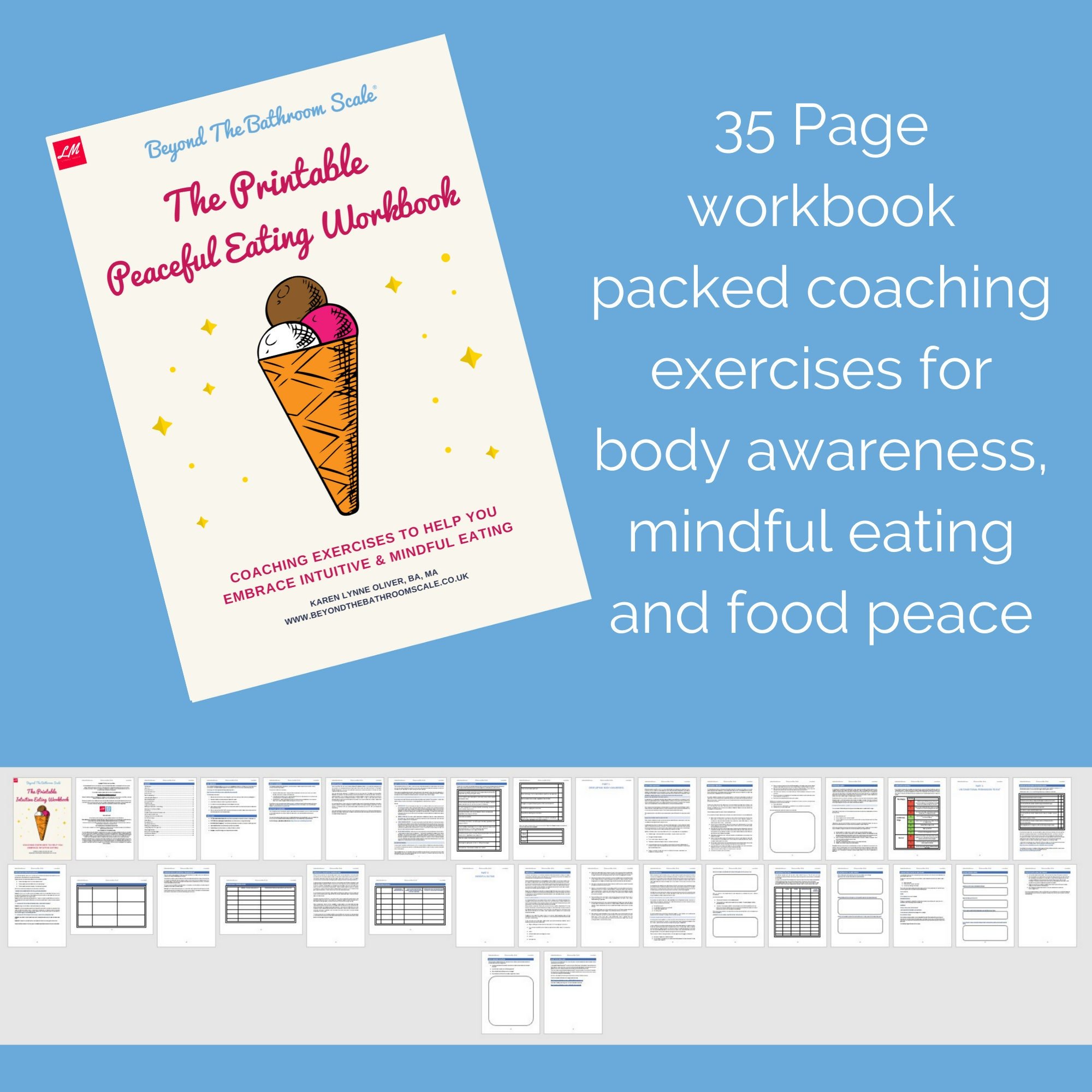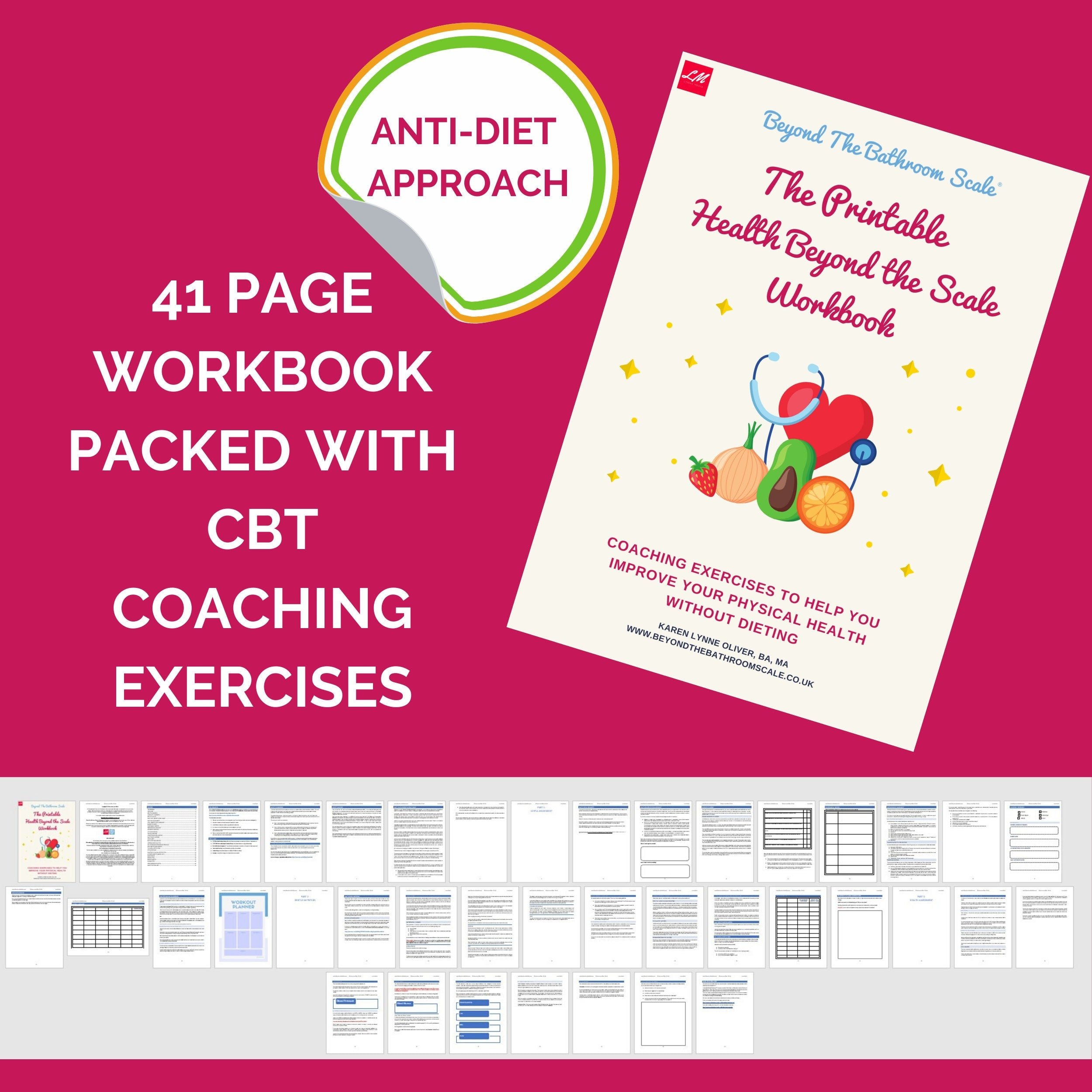How to deal with weight gain while practising intuitive eating
Gaining weight is very normal for anyone who begins practising intuitive eating after a period of restrictive eating (whether through dieting or restrictive eating disorders). It’s also very understandable that you’d feel concerned about gaining weight while living in a society that promotes weight loss above all else (the same kind of society that would praise people for losing weight after a period of illness.)
Here are my tips for how to address and cope with your fears around this initial weight gain, in order to avoid falling into the temptation of dieting or disordered eating behaviours:
1) Know that your weight will eventually stabilise and reach what’s called it’s ‘set-point’
It’s hard to say which direction someone’s weight will go in with intuitive eating, as it depends on the eating behaviours of the person before intuitive eating, and how long these behaviours were present for.
Some people may lose weight, while others stay the same and many will gain weight as part of a biological response to past restrictive eating behaviours.
What we can say from research into this area, is that for the majority of people, you will at some point reach a weight that your body consistently stays at and maintains this weight without any intervention on your part. This is known as your ‘set point’ weight.
Your set point weight may be higher than you’d like it to be (remember that this ideal is often shaped by diet culture) and years upon years of the dieting/binge/repeat cycle can push your natural set point up further. This is why it’s strongly advised to avoid dieting to manage weight altogether from this point on.
2) Avoid weighing yourself
We can often tell when we’re gaining weight when our clothes start to feel tighter, although please know that bloating in response to regular eating after long periods of restriction is very common!
I urge anyone who is practising intuitive eating to avoid weighing themselves, as seeing a particular number is very triggering for many of us and opens to door wide to returning to disordered eating and ‘panic dieting’.
3) Buy clothes that fit
If your clothes are feeling too snug, pinching, leaving welts in you and generally feeling uncomfortable, please show yourself kindness and compassion by swapping them for something comfortable.
Please ignore the size labels, these have frequently been proven to be inaccurate and incomparable between different stores, styles and fabrics anyway!
4) Get rid of the uncomfortable clothes
Some people find it easy to buy new, comfortable clothes, but this part can be a big hurdle.
Getting rid of tight clothing often signals the beginning of the end, of trying to be a certain size or weight and is, therefore, a fantastic sign of recovery! It’s a way of saying to your body “I accept you as you are, right now”.
5) Surround yourself with images of diverse bodies and eliminate dieting-related materials from your life
We can be aware of the dangerous ideas and influences of media images and messages and still be subconsciously influenced by them. Which is why it’s so important to take control of the messages you choose to receive, whether that’s your social media feeds or the books and magazines you choose to read.
Fill your social media feeds with body positive accounts and intuitive eating dietitians. Be sure to unfollow anyone preaching diets, weight loss, slimming groups, and the such like.
6) Focus on health beyond the scale
This is the point I leave until last on purpose (it’s also the last module inside my coaching app for disordered eating & body image, for the same reason).
Ideally, you will be doing all of the above before focusing on this step, as it’s easy for “looking after your health” to be co-opted into “losing weight for your health”, which basically signals the beginning the diet/binge cycle all over again.
By focusing on health, I’m referring to metrics such as blood pressure, blood glucose, blood cholesterol, sleep quality, immune system and last but certainly not least, mental well-being.
All of these metrics are positively impacted by regular exercise tailored to your interests, abilities and any required adaptation for disability or injuries (or ‘joyful movement’) as I prefer to refer to it as) and a gentle approach to nutrition (I.e. a non-restrictive approach featuring both foods for fuel and foods for fun).
Also practising forms of self-care, such as engaging in hobbies, spending time alone, spending time with loved ones, meditation, journaling, early nights, time outdoors, reduced screen time etc. can have a big impact on your mental health and lower blood pressure.






